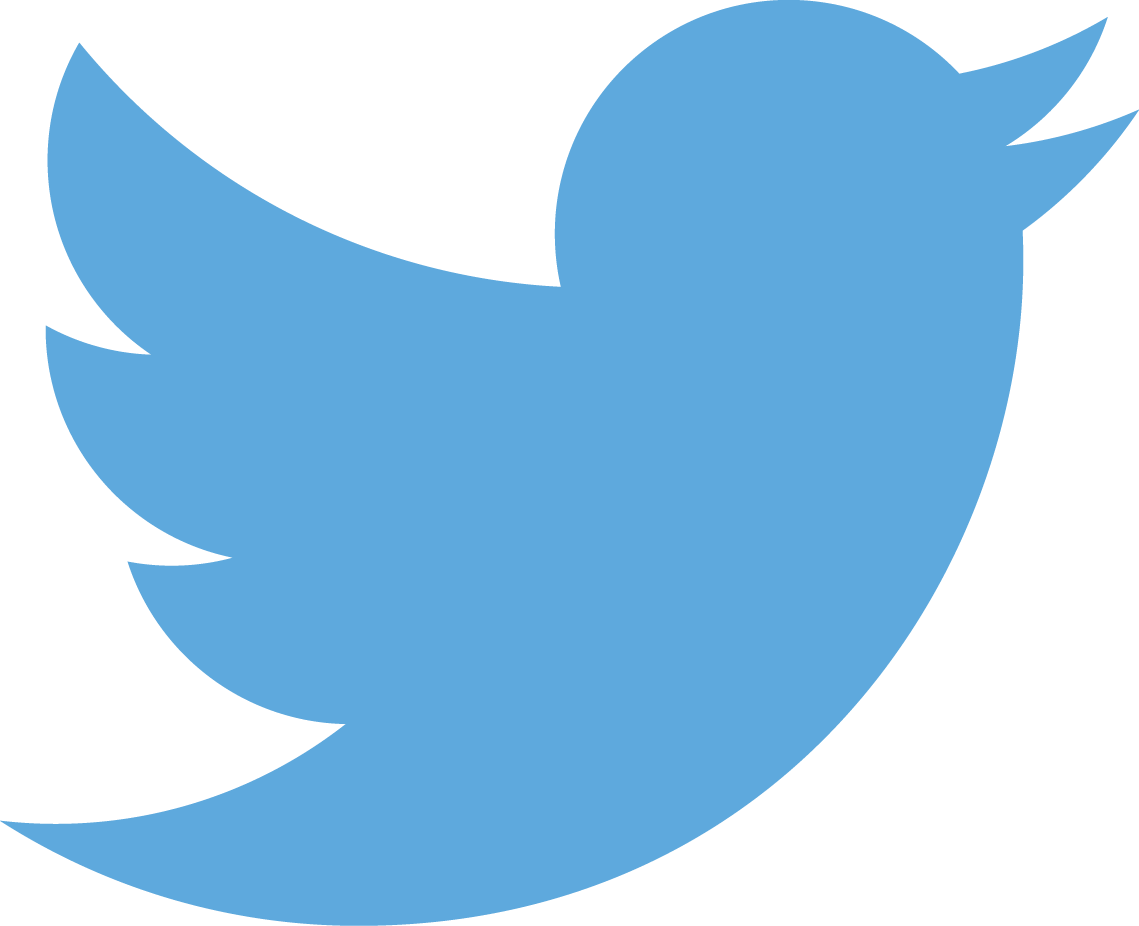Gun news is short today, so I’m going to link to an article over at Instapundit talking about whether Twitter helped destroy the conservative ecosystem. I’m not so sure. I started blogging in 2007, before Twitter was really a thing, and I noticed trouble for the ecosystem before Twitter started getting really popular.
If I had to point out two factors that killed the small blog, it was two things. The first is the disappearance of reliable and timely inbound link tracking like pingbacks. Google can do this, but it’s not as good as what used to be out there. So it’s harder today to tell when a blog is linking to you, in order to keep a conversation among a community going.
The second factor that killed off the small blog was the arrival of commercial blogging. It’s hard for hobbyists to compete against people who are getting paid, and most of those commercial operations came with competent and well-executed SEO strategies that sucked all the Google love out of the room for people who did not have the time or inclination to compete.
I’ve never noticed that Twitter is all that consequential traffic wise for blogs. Maybe other people have different experiences. While my largest referrers are still other blogs, Facebook has been licking the heels of other blogs for a while in terms of where my traffic comes from. A lot of conservative bloggers are abandoning Twitter, and just using it to push links, since Twitter has chosen to take sides in political debates and ban or stifle opposing thought. I never honestly embraced Twitter all that much, except for very brief periods of time. I’d be pleased if the platform went away. It’s tough say anything intelligent in 140 characters or less, so I’m not surprised it tends to appeal to the worst kinds of people.


I can’t say I agree that small blogs are dead, though I do agree things would be better with improved feedback.
I get very little traffic from Facebook unless somebody links something of mine there, and then very briefly. That’s either a good or a bad thing, I guess. Don’t really know.
The loss of Google Reader is also another factor. Yes, there are substitutes but Reader worked very well for me and I found some interesting stuff that way.
It seems to me very-low-friction blogging has a future, but Twitter’s long-term embrace of the SMS message-length limitation has been strange and a cause of unnecessary roughness. I wonder how many people even use the send tweet via SMS, much less receive tweet via SMS features anymore.
>(3) it encourages people to think they’re being “activists†when they’re really just tweeting to a few hundred people.
From my experience in smallblogging, the only difference is that it’s “a few dozen” instead of a few hundred.
There are still some tremendously popular personal blogs–even new ones like Slatestarcodex and Popehat. But a lot of the old group blogs have pulled a Volokh or moved to social media.
John talks about Google Reader, but only nerds used that–most people don’t even know what RSS is.
The vast horde of filthy casuals are increasingly not even using the actual internet in favour of facebook and other social media portals.
Twitter is good for sports news and getting a haha from some of the parodies and that’s about it
“…I’d be pleased if the platform went away…”
Not me. I don’t use Facebook at all. But I have a Twitter account because it’s a really fast way to see what’s happening news-wise. Most news sources I care about tweet about their stories. And if something big happens news-wide, it bubbles to the top of the list of tweets by sheer numbers.